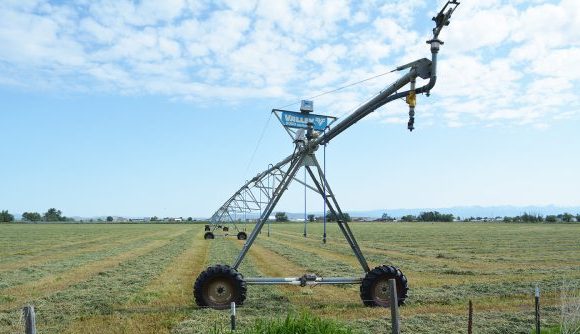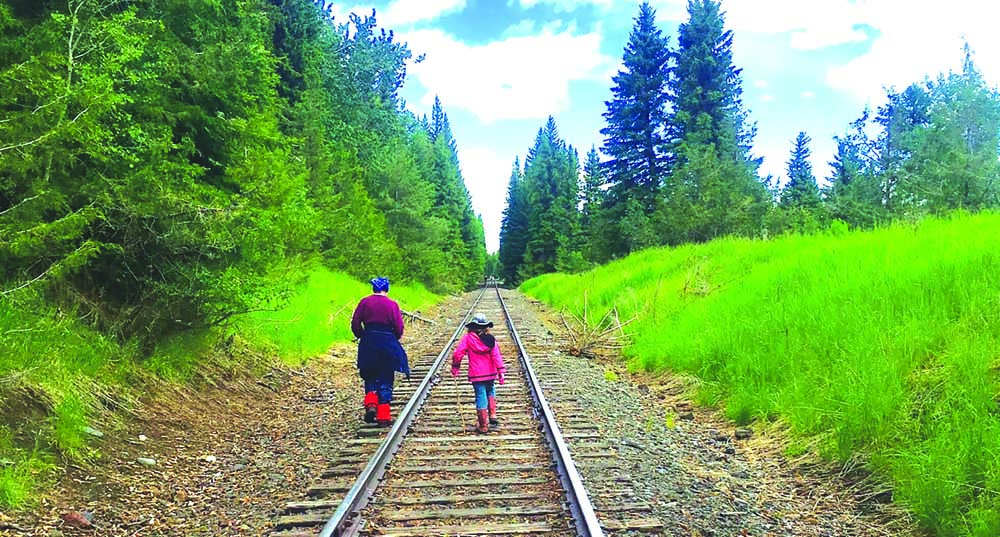Voice of the Chieftain: A lifeline for ranchers and farmers
Published 6:00 am Wednesday, March 22, 2023
You have to have at least a layer or two of toughness to carve out a living in Northeastern Oregon.
That’s no secret. And it’s also no secret that farmers and ranchers need extra toughness to deal with the pressures they face just to make ends meet.
But there can be a downside to that, and Bill Hansell, the longtime state senator from Athena, knows all about it: When farmers and ranchers are facing pressure and stress, he said, they often “internalize that, they hang onto it. They don’t reach out for help.”
Part of that is a stubborn insistence that they don’t need help. Part of it is a (false) narrative that asking for help is a sign of weakness. And, after all, what good would it do to talk to someone else about those pressures — who else could possibly understand the stresses of trying to making a living from these isolated stretches of Northeastern Oregon?
It all takes a toll. In Wallowa County — and throughout rural Oregon — the toll is too high. In Wallowa County, according to state Rep. Bobby Levy, 14 people have died by suicide in the past two years.
Fourteen. In a county of about 7,500 people.
It’s OK if you didn’t know that. We tend not to talk about issues like suicide and mental health. We’re getting a little bit better about having these discussions, but there’s still a shadow, a stigma, around these issues that holds us back. Tough people don’t talk about this.
But we should.
This is why we’ve been so grateful to learn about Senate Bill 955, sponsored by Hansell and Levy. The bill allocates $300,000 from the state’s general fund to help pay for the costs of connecting Oregon to an existing service — the AgriStress Helpline — already in place in six other states. The program is intended to give free, fast, confidential help to farmers and ranchers (and other people who labor in natural-resource industries, such as forestry and fishery workers).
The people answering the calls to the Helpline are crisis-support specialists who also receive additional training in mental and behavioral health in agricultural communities. So the people on the other end know something about agricultural life.
Senate Bill 955 drew support from witnesses at a legislative hearing last week. Hansell and Levy testified, and so did Wallowa County Commissioner Todd Nash, who deserves credit for getting this initiative rolling through his work with the Oregon Cattlemen’s Association — and who made a vital connection with Allison Myers of Oregon State University. In addition to other duties at OSU, Myers serves as the associate dean for Extension and Engagement at OSU’s College of Public Health and Human Sciences.
Although the details of the bill still could change (a work session is scheduled for Wednesday, March 22), the idea now is that OSU’s Extension Service would help to roll out the AgriStress Helpline throughout the state. It would be a logical extension, if you will, of the work that Extension has done in rural communities for more than a century now — and Extension comes with built-in credibility among Oregon’s agricultural community.
The goal is to establish an endowment that will ensure that the AgriStress Hotline’s funding is secure, year in and year out. Nash estimated that $2 million would do the trick. The cost of signing up with the Helpline is $68,000 a year. Myers estimated the program could be run annually for less than $150,000.
Let’s be blunt: That’s a shockingly small amount of money to invest in the mental health of rural Oregon. It’s a rounding error in the budget of the Oregon Health Authority.
But it’s an investment that almost certainly will save lives. Senate Bill 955 gives a lifeline to rural Oregonians who increasingly are learning that sometimes, toughness alone is not enough.









